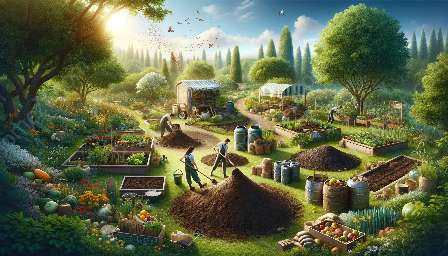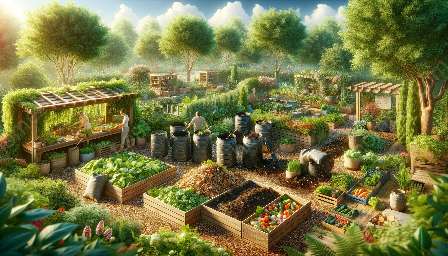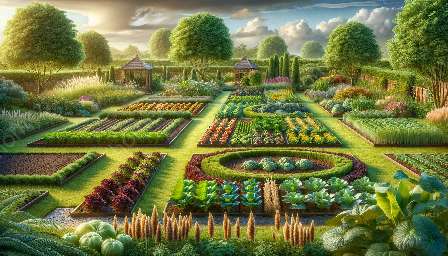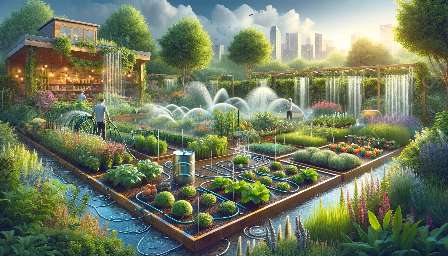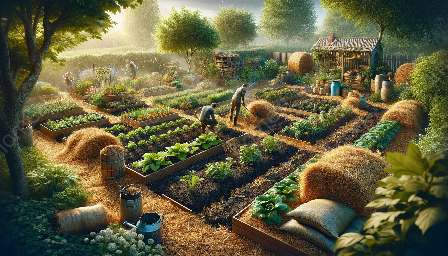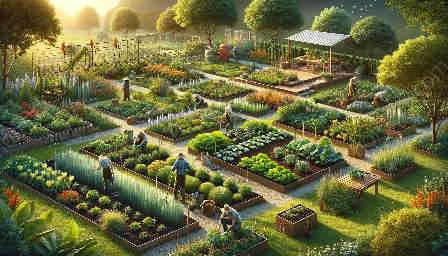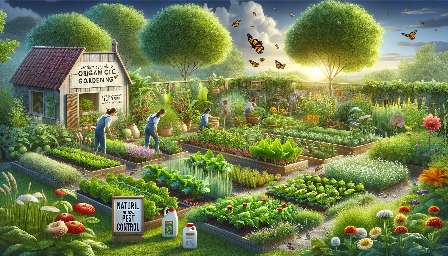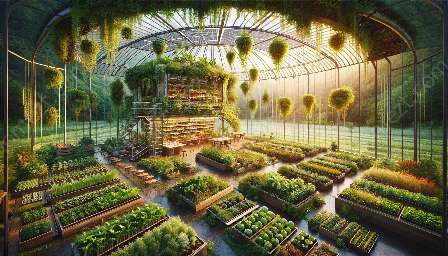One of the fundamental principles of organic gardening and landscaping is the use of natural pest control methods to manage pests without harmful chemicals. In this comprehensive guide, we will explore the different strategies and techniques for natural pest control and their compatibility with organic gardening practices.
The Importance of Natural Pest Control
Natural pest control plays a crucial role in maintaining a healthy and sustainable garden ecosystem. By avoiding synthetic chemicals, organic gardeners and landscapers can protect beneficial insects, pollinators, and other wildlife while ensuring the productivity of their plants.
Furthermore, natural pest control methods are aligned with the principles of eco-friendly and sustainable practices, minimizing the impact on the environment and human health.
Companion Planting
Companion planting is a popular natural pest control technique that involves cultivating certain plants together to deter pests, attract beneficial insects, and improve overall garden health.
For example, planting marigolds alongside tomatoes can help deter nematodes, while attracting predatory insects such as ladybugs and lacewings, which feed on aphids and other garden pests.
Biological Pest Control
Biological pest control involves introducing natural predators, such as ladybugs, praying mantises, and beneficial nematodes, to manage specific pest populations in the garden.
By encouraging the presence of these beneficial organisms, organic gardeners can effectively control pests while maintaining a balanced and sustainable ecosystem.
Compost Tea and Organic Sprays
Compost tea and organic sprays are natural alternatives to chemical pesticides, which can be used to control pests and boost plant health. Compost tea, made from aerated compost and water, can be sprayed onto plants to suppress disease and nourish the soil, improving plant resilience to pests.
Additionally, organic sprays, such as neem oil and insecticidal soap, can be effective in managing common garden pests without harming beneficial insects or contaminating the environment.
Mulching and Soil Health
Mulching not only conserves soil moisture and suppresses weeds but also plays a role in natural pest control. By maintaining healthy soil, organic gardeners can promote strong, pest-resistant plants that are less susceptible to infestations.
Optimizing soil health through composting and organic fertilization contributes to plant vigor and resilience, creating a less welcoming environment for pests.
Integrated Pest Management (IPM)
Integrated Pest Management is an approach that combines various natural pest control strategies to mitigate pest damage while minimizing the use of synthetic pesticides. This holistic method emphasizes prevention, monitoring, and intervention to manage pest populations.
By implementing IPM practices, organic gardeners and landscapers can effectively address pest issues while preserving the integrity of the ecosystem.
Conclusion
Natural pest control is an essential element of organic gardening and landscaping, promoting biodiversity, sustainability, and the overall health of the garden environment. By embracing these natural strategies and techniques, gardeners can create thriving, pest-resistant gardens that are in harmony with nature.

